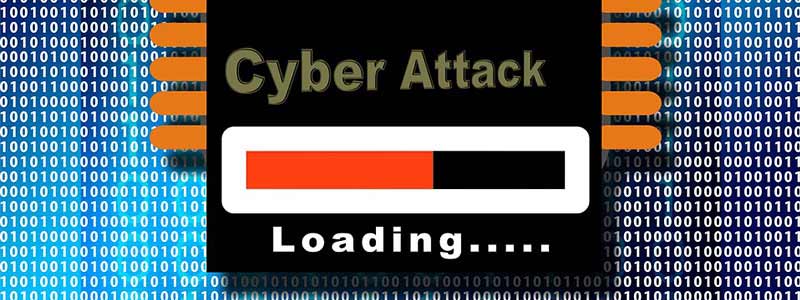
When it comes to hacking, attackers leave no chance to make their malicious attempts successful, no matter how much they have to try. Vulnerabilities in software programs is a popular tactic amongst hackers to malicious attempts. Zero-day attack, which is also an undisclosed computer software vulnerability is used by attackers to harm computer programs, data, networks, etc.
The reason behind its name is that this type of attack is not announced publicly before the attempt is made. So the author of the software program has no chance or time to suggest workarounds or make patches for safety.
Zero Day Exploit – Attack Vectors
Even big software Brands like Adobe have been a victim of zero-day attacks. In the year 2015, Adobe Flash Player was hit by a series of attacks that led users to malware websites when clicked on advertisements.
Malicious code writers make use of several attack vectors to exploit zero-day vulnerabilities in software programs. Two major attack vectors are mentioned as below:
Rogue Websites
When an online user visits a fake website that has been developed by the attacker, the malicious content on the website exploits vulnerabilities in the web browser.
Malicious Emails
Attackers send emails with attachments containing malware that exploits the vulnerabilities in the application used to open the attachment.
Zero Day Protection

Though it is difficult to provide protection against zero-day attacks, practicing secure computing habits can prove to be a lot helpful to defend against such threats:
- Every time you open an email, make sure to check the sender’s name and see if it is an authenticated source or not. Email messages from random senders should always be ignored.
- Getting prize money messages on your web browser? This could certainly be a scam. Do not click on such messages as these redirect you to malicious websites.
- Every time you download something from the web, the first thing you should do is – Scan it using a top antivirus software. Only click to open if found clean and safe for use.
- Keep your OS always up-to-date so that new security updates for OS are installed time-to-time.
- Use a security antivirus for mobile and desktop that is significantly active at becoming aware of new malware and detects them effectively.
Taking these measures to enhance your email security and internet security will certainly benefit you!
- RaaS : The Dark Side of SaaS
- Hackers Target MOVEit Transfer’s Zero-Day Vulnerability, Emergency Patch Deployed
- How Scammers Are Utilizing ChatGPT? Few Tips To Be Safe
- World Backup Day: Why Data Backups are Important in Cybersecurity
- What is Social Engineering and How Cyber Criminals Use It
- Things To Know About Personally Identifiable Information (PII)
- What is Data Breach? Why and How It occurs? How To Prevent Data Breach


